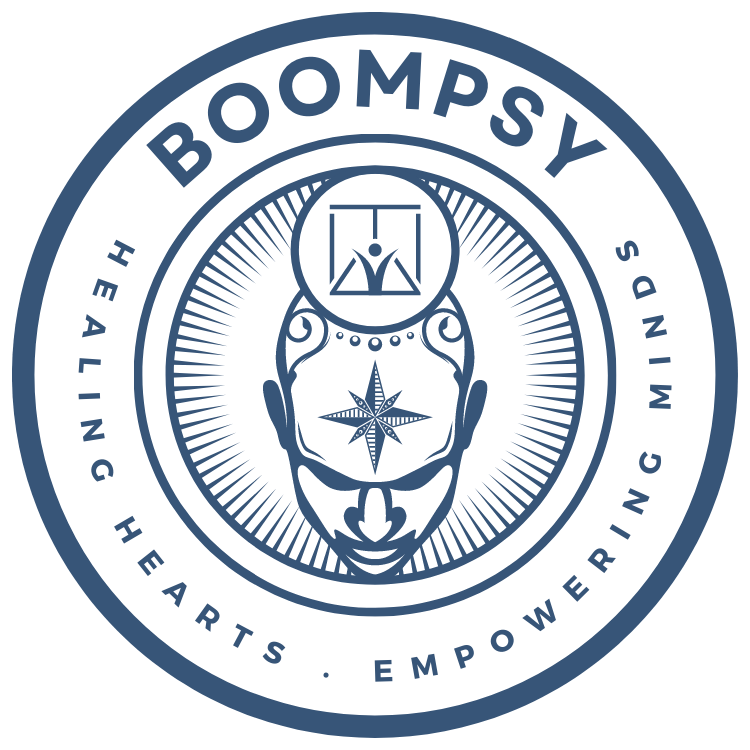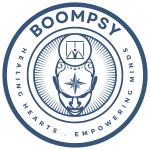School Expectations: Parental Views on Report Cards
As the school year comes to an end, report cards are on the minds of many parents. Report cards are an important tool used by teachers to evaluate student performance and provide feedback to parents. However, the weight and importance given to report cards vary based on parental expectations and views.
The Importance of Report Cards
For teachers, report cards serve as a formal way of communicating with parents about their child’s academic progress. A report card is a summary of a student’s achievements, providing valuable insight into academic strengths and weaknesses. It is an opportunity for teachers to highlight areas of success and areas that need improvement while also providing feedback on student behavior, social skills, and attendance.
While some parents view report cards as one of many tools to evaluate a student’s progress, others see report cards as the sole measure of their child’s academic abilities. Parents who place high value on report cards may feel that it determines their child’s overall academic success and can influence their child’s future educational opportunities.
Parental Views on Report Cards
Parental views on report cards vary based on many factors such as cultural, socioeconomic, and educational backgrounds. Some parents may view report cards as the ultimate measure of a child’s academic abilities, while others may view it as just one of many tools teachers use to evaluate student progress.
According to a survey by the National Education Association (NEA), most parents view report cards positively and find them useful. However, some parents may be critical of the grades their child receives, viewing low grades as a reflection of the teacher’s competence or unfairness. In some cases, parents may even demand that grades be changed or reflect the exceptional abilities of their child.
Parent-Teacher Conferences: An Opportunity for Dialogue
Parent-teacher conferences are a valuable opportunity for parents and teachers to discuss their child’s academic progress. These conferences provide a chance to review report card grades, discuss student strengths, and create a plan of action for areas that need improvement.
However, not all parents may attend parent-teacher conferences, or the conferences may not be viewed positively. Some parents may not feel welcome in the school setting or may not understand how to interpret the information provided in report cards. Additionally, some parents may have had negative experiences with educators in the past, and this may affect their willingness to engage in open dialogue.
Looking Beyond Grades: A Holistic Approach to Evaluating Student Progress
While grades on report cards are an essential aspect of evaluating student progress, they should not be the only consideration. Educators must also evaluate other factors, such as student participation, attendance, and social skills to provide a more holistic view of a student’s academic progress.
Schools can provide additional resources to help parents understand the information contained in report cards, attend parent-teacher conferences, and engage in open dialogue with teachers. These resources can include translation services for non-English speaking parents, informational pamphlets, and online resources that provide a better understanding of the grading system and academic standards.
Conclusion
As we reflect on the importance of report cards, it is essential to recognize that the weight and importance given to report cards vary based on parental expectations and views. While report cards are an essential tool for evaluating student progress, they should not be the only consideration. For teachers and parents to work collaboratively, it is essential to foster open dialogue, provide additional resources, and take a holistic approach to student evaluation. By working together, teachers and parents can create a positive learning environment that values student progress and success.








